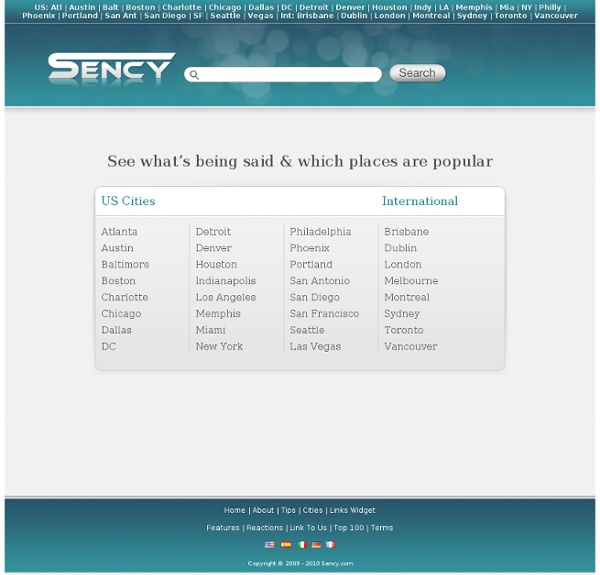



Springo 100+ Social Media Monitoring Tools Search Porn Categories Top Models Pornstar Sex Videos Latest Black Cum In Penelope Reed's Pussy While Hubby Is Watching 1 month ago Sweet Lesbian Babes Enjoy Morning Sex Huge Black Dick Inside Penelope Cum's Sweet Holes Charming Babe Carlota Teen With White Blouse Enjoys Hard Cock Victoria Summers Brutally Gangbanged With Double Anal Latina Teen Babe Carlota Teen Gives A Sloppy Blowjob In POV Wet Pussy Of Carlota Teen Is Taking A Dildo Nice Threesome Sex With Young MILFs Babes And Their Friend Wife Ella Hughes Cheats On Her Husband On A Business Trip With Anal Penelope Woods Gives Her Stepbrother A Blowjob And Makes Him Cum In The Shower Teen Babe Penelope Cross Gets Fucked Hard By Huge Black Cock In Different Positions Great Swinger Orgy With Exchange Students Vintage Lady With Big Boobs Shaves Her Hairy Pussy Carlota Teen Rough First Time Deepthoated Charlotte Vale's Rough Deepthroat Fuck Slutty Lesbian Teen Charlotte Sins Scissoring With Busty Professor Ava, Jasmin And Penelope Works Hard On Oliver's Cum
Topsy With iOS 9, Search lets you look for content from the web, your contacts, apps, nearby places, and more. Powered by Siri, Search offers suggestions and updates results as you type. There are two ways to use Search on your iOS device. Quick Search Drag down from the middle of the Home screen and type what you're looking for. Siri Suggestions Drag right from the Home screen to show Search and get Siri Suggestions. Get Siri Suggestions Siri Suggestions include apps and contacts that you might be interested in. You can use Siri Suggestions with iPhone 5 and later, iPad Pro, iPad (4th generation) and later, iPad mini (2nd generation) and later, and iPod touch (6th generation). Change search settings Go to Settings > General > Spotlight Search. From here, you can turn Siri Suggestions on or off and choose which apps to include in your searches. If you don’t want Siri or Spotlight to suggest nearby locations, go to Settings > Privacy > Location Services. Last Modified:
Skipease Companies in Social Media Analysis A global reference to the hundreds of companies that offer products and services for listening to what people are saying in social media Navigating the directory The search box (above and at the top right of every entry) is your friend; the directory contains 508 listings. If you prefer to browse the company listings, visit the complete list. Tip: Search operates on the full text of company listings. About the listings Each company in the directory has its own page with the following information: A link to the company's main website The location of the company's main office A link to the company's Twitter account Links to the company's pages on LinkedIn, Facebook, Google+, and SlideShare A description of the company and its social media analysis products and services, provided by the company itself Links to recent news items on Social Media Analysis that mention the company A Twitter widget showing the company's most recent tweets Additions and updates Latest updates:
Sweet Search What Hashtag. Twitter tool to find any existing hashtag Warning: file_get_contents( [function.file-get-contents]: failed to open stream: HTTP request failed! HTTP/1.0 401 Unauthorized in /usr/home/vhSujqhNu36p/circulorojo.es/web/whathashtag/index.php on line 11 Warning: Invalid argument supplied for foreach() in /usr/home/vhSujqhNu36p/circulorojo.es/web/whathashtag/index.php on line 17 Warning: file_get_contents( Warning: file_get_contents( Warning: file_get_contents( Warning: file_get_contents( Warning: file_get_contents( Warning: file_get_contents( Warning: file_get_contents( Warning: file_get_contents( Warning: file_get_contents(
Scientific Commons Acronym Finder Search Systems Ghostery Ghosterians! We have a new release ready for the masses. We found a few issues and made some updates. Before we get to the details. PLEASE NOTE: The version # for Firefox is 5.4.10. Here are the notes: Defects: A fix for multiple bugs related to the e10s Electrolysis build.Blank options menu in the old Panel > unable to revert to new panelConflict with Adblock Plus in FFX 43 Features: Capping the wizard setup reinitiation at 3, which should prevent people from getting stuck in the setup wizard loop.Purplebox off by defaultUpdated language in extension stores for Chrome, Opera, and SafariRelease note link has been updated to new siteRemoved an extra step from the Safari setup wizard Your current version should auto-update unless you have turned that off from your browser’s menu, but if not, you can get the new version HERE. As always, we appreciate your feedback., so please, drop us a line or visit our forum. ~Happy browsing!
I have Collecta in another list, but I should add it here as well. Thanks for the suggestion. by joshsprague Dec 29